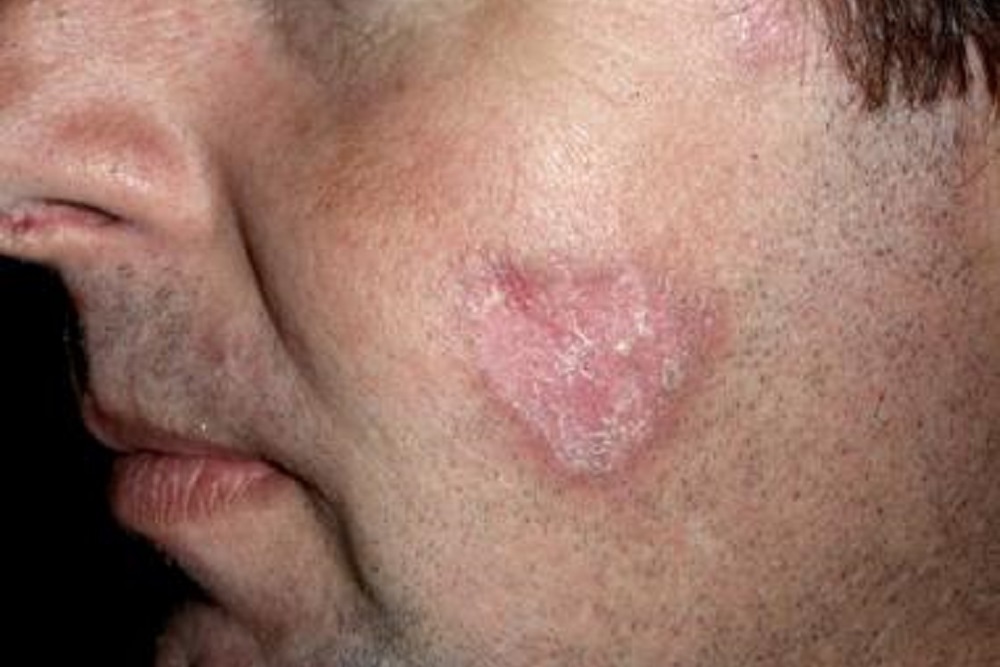A decade-long study of GSK’s Benlysta (belimumab) product — the longest to date — recently culminated with indications of the drug’s safety and efficacy against active systemic lupus erythematosus (SLE), when administered with standard care.
GSK (GlaxoSmithKline) company spokespersons revealed their findings at the June 14-17 Annual European Congress of Rheumatology (EULAR) 2017 in Madrid, a key platform for exchanging scientific information since 2000. Specifically, they announced final results from a Phase II continuation study.
The percentage of lupus patients responsive to treatment with belimumab was found to increase over time, peaking at 65.1 percent in the 10th year when measured by industry standards. Additionally, patients successfully lowered their corticosteroid dosage between the first and 10th years.
“In lupus, the underlying disease is always present and symptoms can erupt, or flare, without warning, making it incredibly difficult to manage everyday life,” David Roth, GSK’s medicines development leader for research and development in immuno-inflammation response, said. “Unlike most treatments used for SLE, belimumab has a specific mode of action that targets the underlying disease process.”
The medication proved effective based on four successful pivotal trials in lupus patients, according to Roth, who added that data indicate that the disease control is sustained and better able to stabilize daily symptoms and improve long-term outcomes.











 Alerts Sign-up
Alerts Sign-up